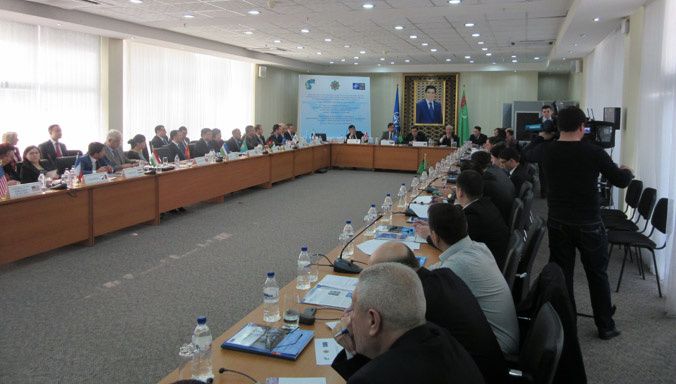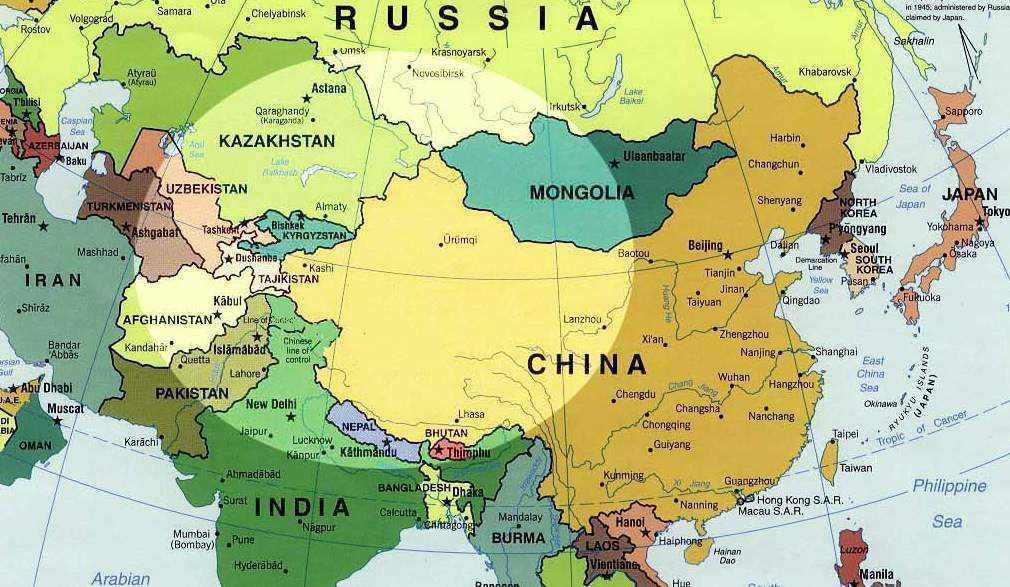06 Mar. 2015 by NATO
Experts from five Central Asian states and Afghanistan gathered in Ashgabat for a NATO-sponsored regional conference on “Peace and Stability in Central Asia and Afghanistan: A View from Neutral Turkmenistan” on 2 and 3 March 2015.
This high-level event, organised jointly by the Ministry of Foreign Affairs of Turkmenistan and the office of the NATO Liaison Officer in Central Asia, was unprecedented in the history of Turkmenistan's partnership with the Alliance.
It was the fourth in a series of NATO-sponsored events marking the 20th anniversary of the Partnership for Peace programme in the Central Asian partner states. Moreover, it was included in Turkmenistan's official programme of events celebrating the "Year of Neutrality and Peace" on the 20th anniversary of the United Nations General Assembly Resolution recognising the country's neutrality.
Turkmenistan's Deputy Foreign Minister Berdyniyaz Myatiev opened the event, while the NATO Secretary General's Special Representative for the Caucasus and Central Asia, James Appathurai, addressed participants by video link from NATO Headquarters.
Turkmen participants included officials and experts from a wide range of institutions, including the Ministry of Foreign Affairs, Ministry of Defence, Ministry of Interior, Prosecutor-General's Office, the Institute of State and Law under the President of Turkmenistan, the Institute of International Relations and the International University of Humanities.
Experts from Afghanistan, Kazakhstan, Kyrgyzstan, Tajikistan, Uzbekistan and the United States, and representatives of the United Nations Regional Centre for Preventive Diplomacy for Central Asia, the United Nations Development Programme, the European Union, and the Organization for Security and Co-operation in Europe, also spoke at the event.
Read more
commenter cet article …







